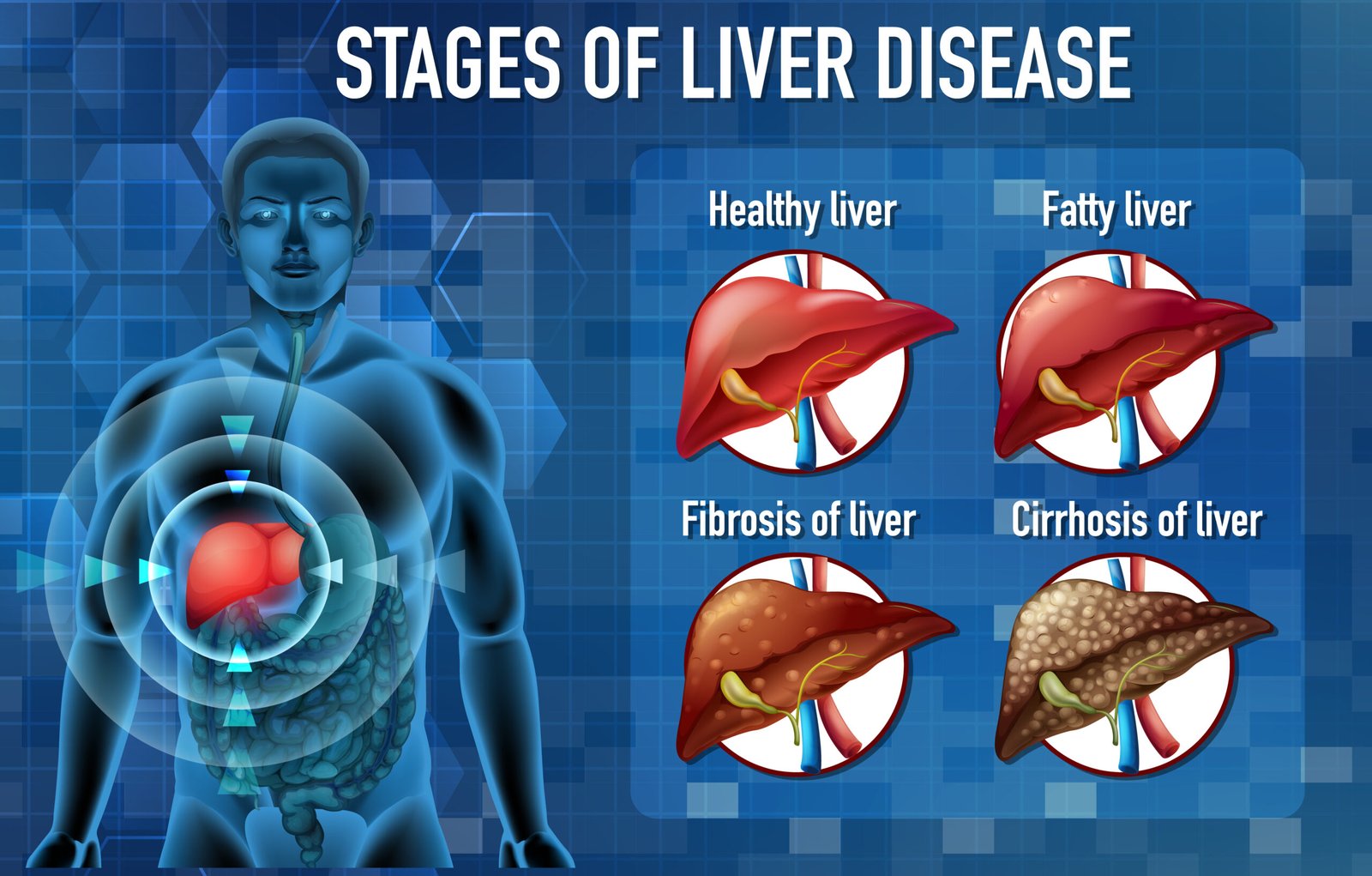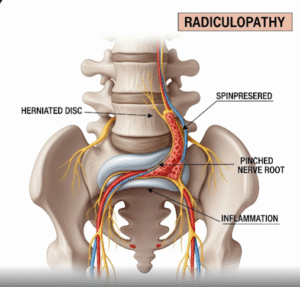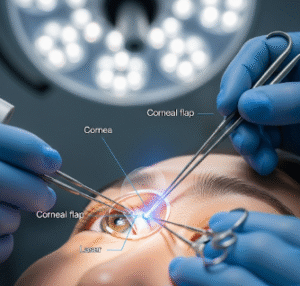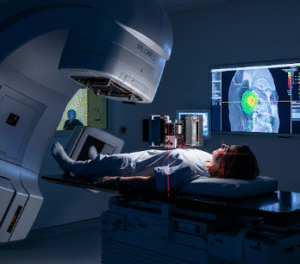Overview
Cirrhosis of the liver is a chronic, progressive condition in which healthy liver tissue is replaced with scar tissue, leading to impaired liver function. It is the final stage of many chronic liver diseases. In Korea, cirrhosis is a major health concern, most commonly linked to chronic hepatitis B infection, alcohol-related liver disease, and non-alcoholic fatty liver disease (NAFLD). Early diagnosis and proper treatment in Korea are crucial to prevent life-threatening complications.
What is Cirrhosis of the Liver?
Cirrhosis is the end-stage scarring (fibrosis) of the liver caused by long-term damage. Over time, the liver becomes stiff and nodular, impairing its ability to filter toxins, produce vital proteins, and regulate metabolism. Cirrhosis develops slowly and may remain asymptomatic until advanced stages.
Symptoms
Early stages may have no symptoms, but as the disease progresses, common symptoms include:
- Fatigue and weakness
- Loss of appetite and weight loss
- Nausea and abdominal pain
- Jaundice (yellowing of skin and eyes)
- Itchy skin
- Easy bruising and bleeding
- Swelling in legs, ankles, or feet (edema)
- Abdominal swelling due to fluid accumulation (ascites)
- Confusion or memory problems (hepatic encephalopathy)
Causes
- Chronic hepatitis B or C infection (hepatitis B is still prevalent in Korea)
- Alcohol abuse (a significant cause in Korea, particularly among men)
- Non-alcoholic fatty liver disease (NAFLD/NASH) related to obesity, diabetes, and metabolic syndrome
- Autoimmune hepatitis
- Genetic/metabolic conditions (Wilson’s disease, hemochromatosis)
- Long-term drug-induced liver injury
Risk Factors
- Chronic viral hepatitis (especially hepatitis B in Korea)
- Excessive alcohol consumption
- Obesity, diabetes, and high cholesterol
- Family history of liver disease
- Long-term exposure to liver-toxic medications or toxins
Complications
- Portal hypertension (increased blood pressure in the portal vein)
- Esophageal varices (enlarged veins that can rupture and bleed)
- Ascites (fluid in the abdomen, risk of infection)
- Hepatic encephalopathy (confusion, coma due to toxin buildup)
- Increased risk of liver cancer (hepatocellular carcinoma, HCC)
- Liver failure
Prevention
- Vaccination against hepatitis B (widely available in Korea)
- Regular screening and treatment for hepatitis B and C
- Limiting alcohol intake
- Maintaining a healthy diet and weight
- Regular health check-ups for those at risk (especially with family history or metabolic disorders)
- Avoiding unnecessary medications and toxic substances that affect the liver
Treatment Options in Korea
Korean hospitals provide advanced diagnostic and treatment facilities for cirrhosis, including management of complications and liver transplantation when necessary.
- Lifestyle management:
- Alcohol cessation programs (rehabilitation and counseling)
- Weight management and diabetes control for NAFLD-related cirrhosis
- Medical treatment:
- Antiviral medications for chronic hepatitis B and C
- Medications to reduce portal hypertension (beta-blockers)
- Diuretics for ascites
- Lactulose/rifaximin for hepatic encephalopathy
- Antibiotics to prevent infections
- Interventional procedures:
- Endoscopic band ligation or sclerotherapy for variceal bleeding
- TIPS (transjugular intrahepatic portosystemic shunt) for severe portal hypertension
- Liver transplantation:
- Available at top Korean centers such as Asan Medical Center, Samsung Medical Center, Severance Hospital, and Seoul National University Hospital. Korea is recognized for its living donor liver transplantation program, one of the most advanced worldwide.













